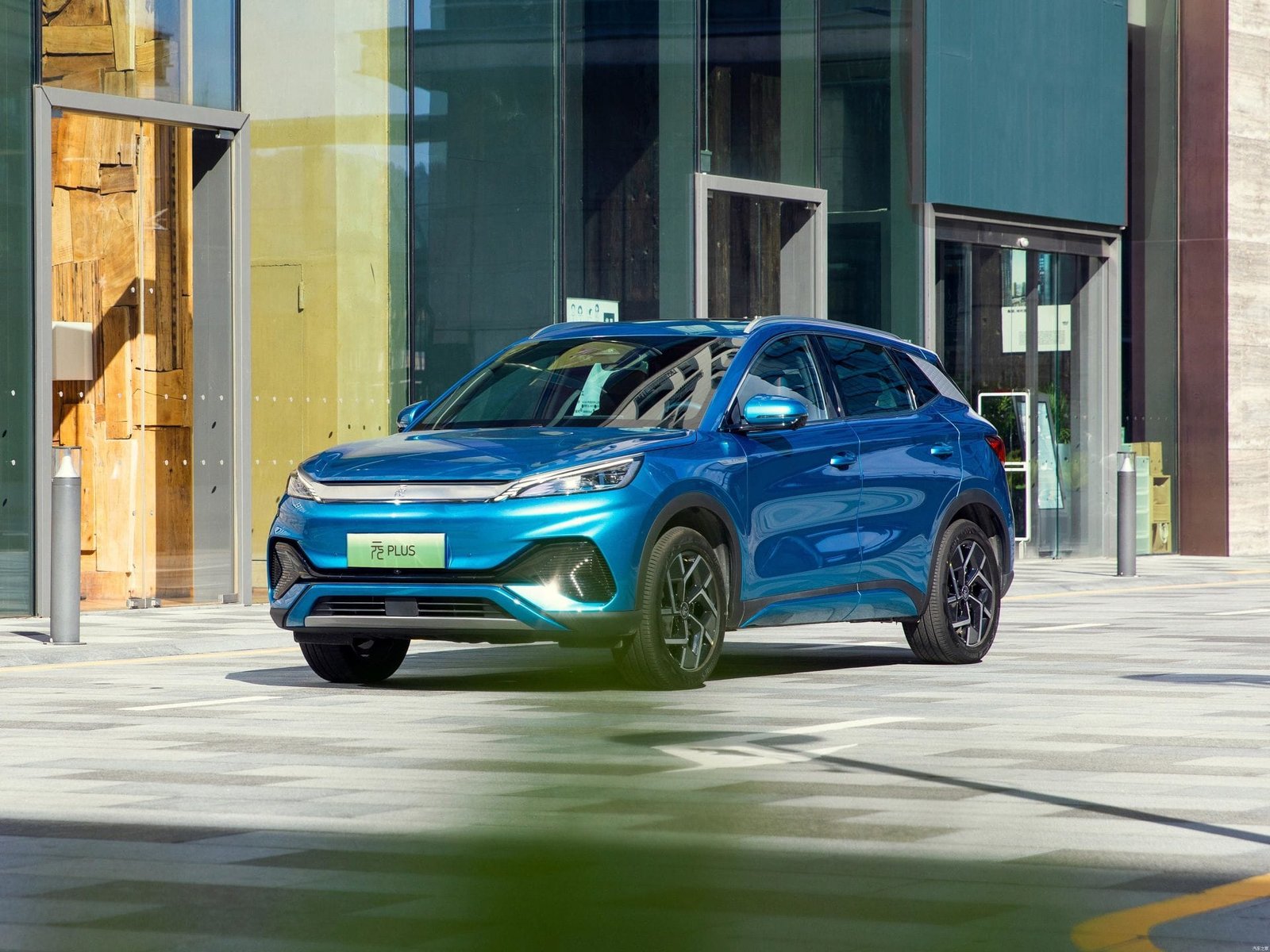Guyana, a country located in northeastern South America, is not prominent on the global economic map, but the development of its electric vehicle industry has its own unique history and current status. Guyana’s electric vehicle industry got its start late, but in recent years it has begun to emerge as the global focus on sustainable energy and reducing carbon emissions has intensified.
The history of Guyana’s electric vehicle industry dates back to the early 21st century, when global interest in electric vehicles began to rise. However, initial investment and development was relatively slow due to the small domestic market. It is only in the last decade, as technology has advanced and costs have fallen, that the Government of Guyana has begun to place greater emphasis on electric vehicles as a way to reduce the country’s dependence on fossil fuels. The government has introduced a range of incentives, including tax incentives, subsidies for vehicle purchases, and support for the construction of charging infrastructure to promote the adoption of EVs.
In terms of the current state of the market, the electric vehicle industry in Guyana is still in its growth phase. Currently, there are limited brands and models of electric vehicles available in the market, but with the entry of international brands such as Tesla and Nissan into the market, consumers’ choices are gradually increasing. Additionally, local companies have begun to venture into the production and sale of electric vehicles, albeit on a smaller scale, signaling the potential for growth of the local industry.
At the policy level, the Guyana government has developed a clear roadmap to promote the development of the electric vehicle industry. According to official releases, the government plans to significantly increase the number of public charging stations and encourage private investment in more charging facilities in the coming years. At the same time, the government is also considering imposing higher taxes on traditional fuel vehicles as a way to further stimulate demand for electric vehicles.
In terms of economic impact, the growth of the electric vehicle industry has brought new jobs and business models to Guyana. The entire industry chain, from car sales to maintenance services to battery recycling, is gradually improving. In addition, with the popularization of electric vehicles, the demand for electricity will increase, which may prompt Guyana to accelerate the development of its renewable energy projects, such as hydroelectric power and solar power, thus promoting the transformation of the energy structure of the entire country.
Environmental benefits are another major driver for the development of Guyana’s electric vehicle industry. As a country rich in natural resources, Guyana is committed to protecting its ecosystem. The promotion of electric vehicles will help to reduce emissions and improve urban air quality, and is also in line with international initiatives to combat climate change.
Although the development of Guyana’s electric vehicle industry faces many challenges, such as inadequate infrastructure, low consumer awareness, and high maintenance costs, the outlook for its development remains optimistic. As technology continues to advance and costs are further reduced, it is expected that electric vehicles will be more widely used in Guyana in the coming years.
In conclusion, Guyana’s electric vehicle industry has made some progress despite its short history of development. Under the active promotion of the government and in conjunction with the trends in the international market, this industry is expected to become an important force driving Guyana’s economic transformation and sustainable development. With the implementation of more relevant policies and the maturity of the market, the future of electric vehicles in Guyana will be even brighter.




